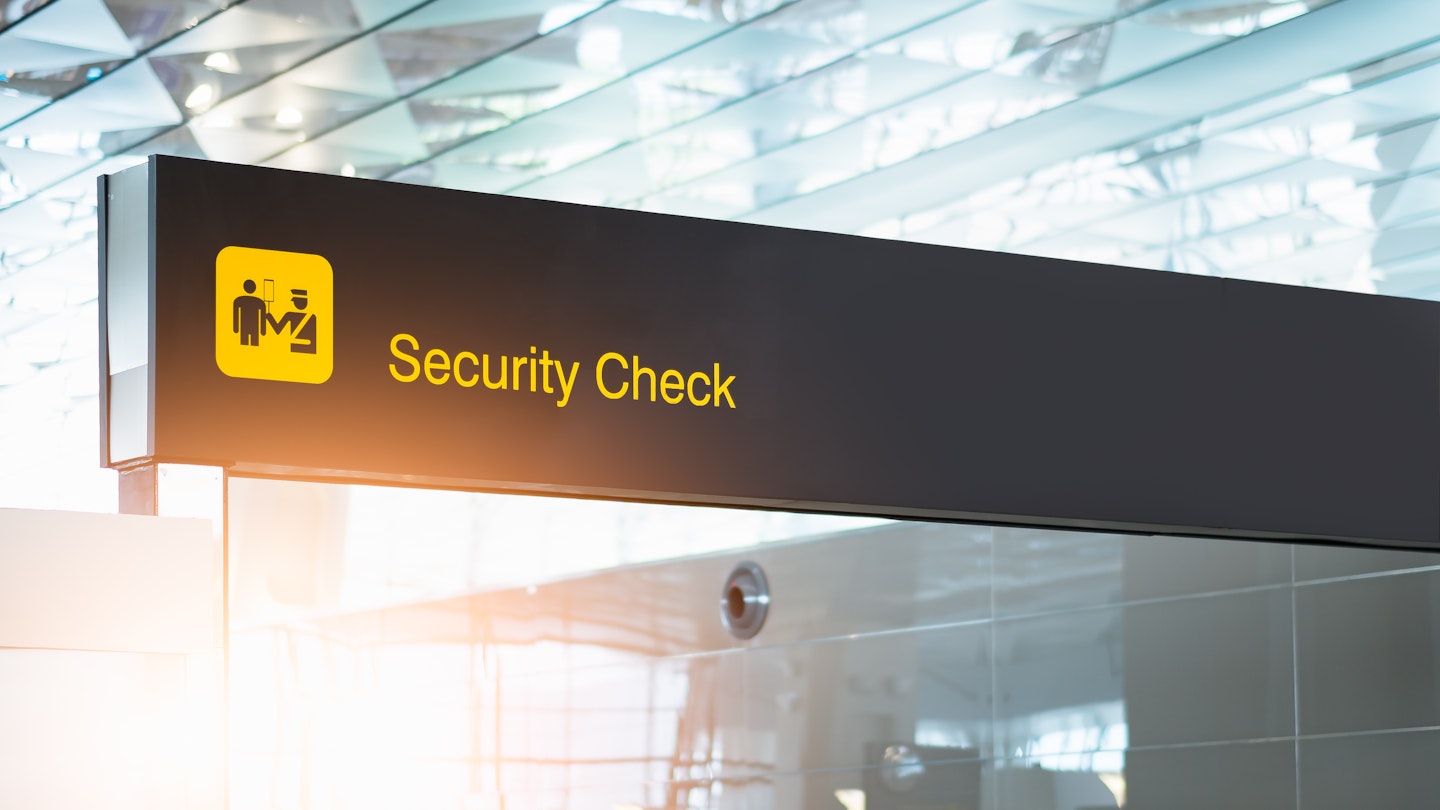Airport security can often be a challenging experience. Moreover, despite the limited space passengers have onboard, going through security tends to be the most arduous part of any journey. To alleviate this pain, aviation journalist John Walton shares essential tips for a smoother process through airport security.

Globally, airports maintain a diversity of standards and procedures. While it’s said this variability helps keep security protocols effective, it often feels like mere inconsistency. Insufficient signage at some airports can lead to confusion, causing unnecessary stress as passengers scramble to comply with vague instructions.
Understand the Types of Scanners
Airport security features two primary scanning systems: traditional metal detectors and modern body scanners. Metal detectors are straightforward; therefore, it is advisable to avoid wearing metal objects.
Body scanners, on the other hand, utilize low-energy X-rays or microwaves. Initially, these devices produced images that compromised passengers’ privacy. However, recent developments have implemented algorithms that preserve personal privacy while still ensuring security.
Be prepared for potential issues, especially if your appearance doesn’t conform to traditional gender norms. Consequently, larger bodies may inadvertently trigger alarms, underscoring the importance of understanding how different scanners operate.

Choose Your Clothing Wisely
To ensure a swift security process, carefully select your attire. Avoid heavy metal accents like chunky zippers or buttons that can trigger metal detectors. Shoes, especially dress shoes, may conceal metal supports, hence consider wearing easily removable footwear.
Moreover, opt for light layers, as excess fabric can set off alarms. Aim to wear minimal clothing through security—ideally a t-shirt—while sending off any additional layers in your luggage to avoid triggering the scanners.
Empty all pockets thoroughly, as even small items can complicate the screening process. For better organization, consider using a jacket with pocket space to hold personal items, keeping your carry-on bag tidy and reducing the chances of further inspection.

Optimize Your Bag for Screening
When your bag is x-rayed, clarity is key. Aim for easy scanning by keeping your electronics organized and not overcrowded. Separate devices and avoid stacking them, as doing so can necessitate additional screening.
Another useful tip involves housing chargers and cords in a small pouch, facilitating swift inspection and minimizing confusion for security personnel. Sending your bags through first allows you to seamlessly unload your belongings onto the conveyor without leaving anything behind.
Lastly, consider a simple yet effective strategy: verbally count your trays as they flow through security. This practice helps keep track of all your items, ensuring nothing gets forgotten during this often hectic process.




